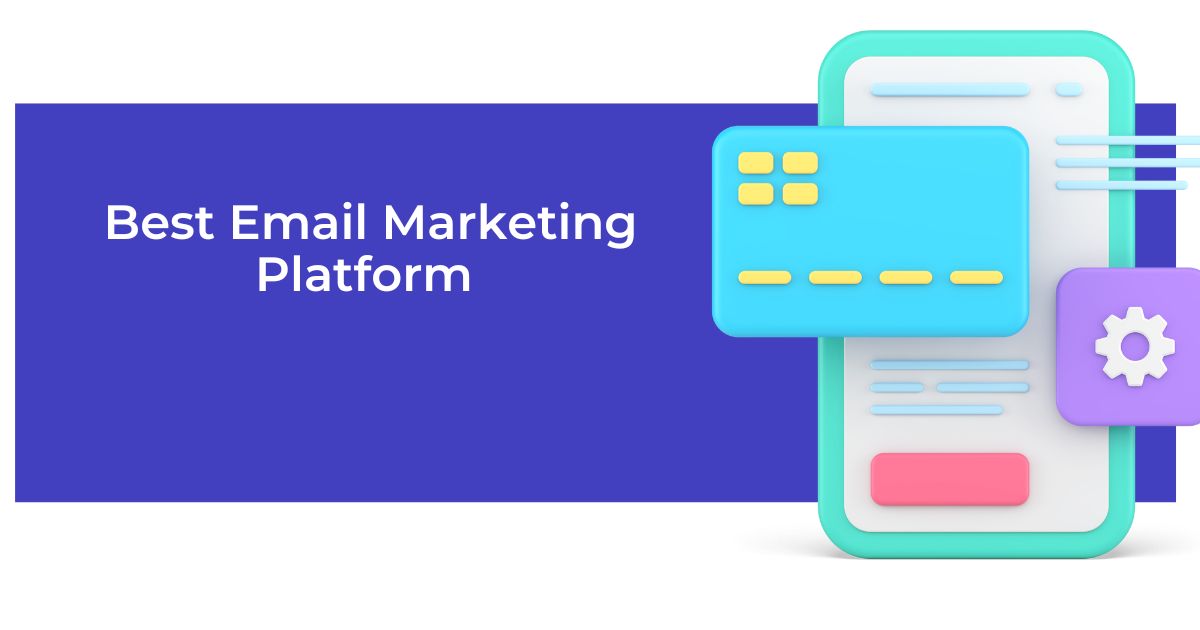
Choosing the right email marketing platform can make or break your digital marketing strategy. With dozens of options available, each promising superior features and results, the decision becomes overwhelming fast. The truth is, there’s no universal “best” platform—only the one that aligns perfectly with your business needs, budget, and goals.
This comprehensive guide examines the top email marketing platforms, breaking down their key features, pricing, and ideal use cases. By the end, you’ll have the clarity needed to select the platform that drives real results for your business.
What Makes an Email Marketing Platform Great?
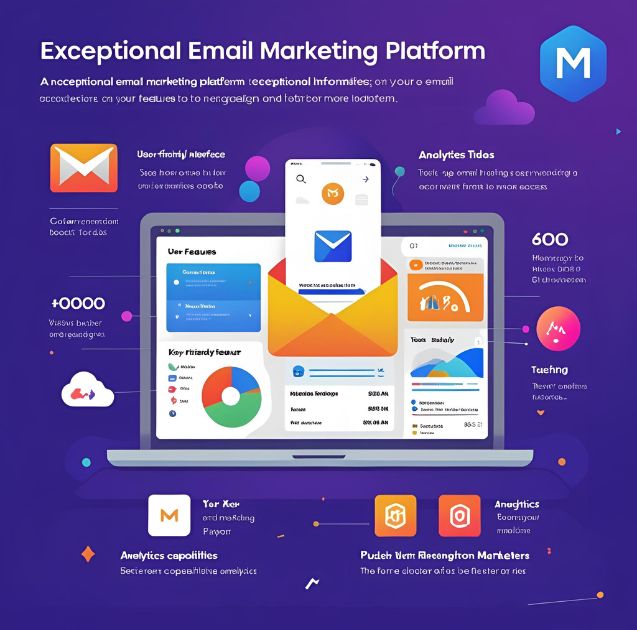
Before diving into specific platforms, let’s establish the essential features that separate exceptional email marketing tools from mediocre ones.
User-Friendly Interface
The best platforms balance powerful functionality with intuitive design. You shouldn’t need a computer science degree to create professional campaigns or analyze performance metrics.
Automation Capabilities
Advanced automation features save time while delivering personalized experiences. Look for platforms that offer triggered emails, drip campaigns, and behavior-based messaging.
Analytics and Reporting
Data-driven decisions require robust analytics. Top platforms provide detailed insights into open rates, click-through rates, conversion tracking, and subscriber engagement patterns.
Integration Options
Your email marketing platform should seamlessly connect with your existing tools—CRM systems, e-commerce platforms, social media accounts, and analytics software.
Deliverability Rates
Even the most compelling emails fail if they land in spam folders. Premium platforms maintain strong relationships with email providers and offer features that improve inbox placement.
Top Email Marketing Platforms Compared
Mailchimp: The User-Friendly Giant
Mailchimp dominates the email marketing landscape with good reason. Its drag-and-drop email builder makes campaign creation effortless, while its extensive template library caters to various industries and occasions.
Strengths:
- Generous free plan (up to 2,000 contacts)
- Excellent automation features
- Strong integration ecosystem
- Comprehensive analytics dashboard
Limitations:
- Can become expensive as lists grow
- Limited customer support on lower-tier plans
- Reduced functionality for free users
Best For: Small businesses, beginners, and companies prioritizing ease of use over advanced features.
Constant Contact: The Relationship Builder
Constant Contact excels at helping businesses build meaningful connections with their audiences. Its event management tools and social media integration make it particularly valuable for service-based businesses.
Strengths:
- Excellent customer support
- Built-in event management features
- Strong social media integration
- Comprehensive training resources
Limitations:
- Limited automation capabilities
- Higher pricing compared to competitors
- Fewer template customization options
Best For: Small businesses, nonprofits, and organizations that prioritize customer support and relationship building.
ConvertKit: The Creator’s Choice
ConvertKit was built specifically for content creators, bloggers, and online entrepreneurs. Its focus on automation and subscriber segmentation makes it powerful for businesses selling digital products or services.
Strengths:
- Advanced automation and segmentation
- Creator-focused features
- Clean, distraction-free interface
- Excellent deliverability rates
Limitations:
- Limited design templates
- No free plan (only free trial)
- Fewer integrations than larger platforms
Best For: Bloggers, course creators, authors, and online entrepreneurs who prioritize automation over design flexibility.
ActiveCampaign: The Automation Powerhouse
ActiveCampaign combines email marketing with CRM functionality, making it ideal for businesses focused on lead nurturing and customer lifecycle management.
Strengths:
- Sophisticated automation workflows
- Built-in CRM features
- Advanced segmentation capabilities
- Machine learning-powered send time optimization
Limitations:
- Steeper learning curve
- Higher pricing for advanced features
- Complex interface for beginners
Best For: Growing businesses, B2B companies, and organizations with complex sales processes.
Sendinblue: The All-in-One Solution
Sendinblue offers email marketing alongside SMS marketing, live chat, and CRM features. Its pay-per-email pricing model can be cost-effective for businesses with large, less-engaged lists.
Strengths:
- Generous free plan
- Multi-channel marketing capabilities
- Pay-per-email pricing option
- Strong transactional email features
Limitations:
- Limited template selection
- Fewer third-party integrations
- Less sophisticated automation compared to specialists
Best For: Small to medium businesses seeking an all-in-one marketing solution and companies with large, infrequent email lists.
Key Factors to Consider When Choosing
Budget Considerations
Email marketing platforms typically use tiered pricing based on subscriber count or email volume. Consider both current needs and future growth when evaluating costs. Don’t forget to factor in potential add-on fees for advanced features.
Technical Requirements
Assess your team’s technical expertise. Some platforms require more setup and maintenance than others. If you lack technical resources, prioritize user-friendly options with strong customer support.
Integration Needs
List all the tools your business currently uses—website builders, e-commerce platforms, CRM systems, and analytics tools. Choose a platform that integrates smoothly with your existing tech stack.
Scalability
Your email marketing needs will evolve as your business grows. Select a platform that can accommodate increased subscriber numbers, more complex campaigns, and additional team members without requiring a complete migration.
Making the Right Choice for Your Business
The best email marketing platform depends on your specific circumstances. Small businesses just starting with email marketing often benefit from Mailchimp’s user-friendly approach and generous free plan. Content creators and online entrepreneurs typically find ConvertKit’s automation features worth the investment.
Growing businesses with complex sales processes should consider ActiveCampaign’s CRM integration, while organizations prioritizing customer support might prefer Constant Contact. Companies seeking an all-in-one solution could find Sendinblue’s multi-channel approach appealing.
Start Building Your Email Marketing Strategy Today
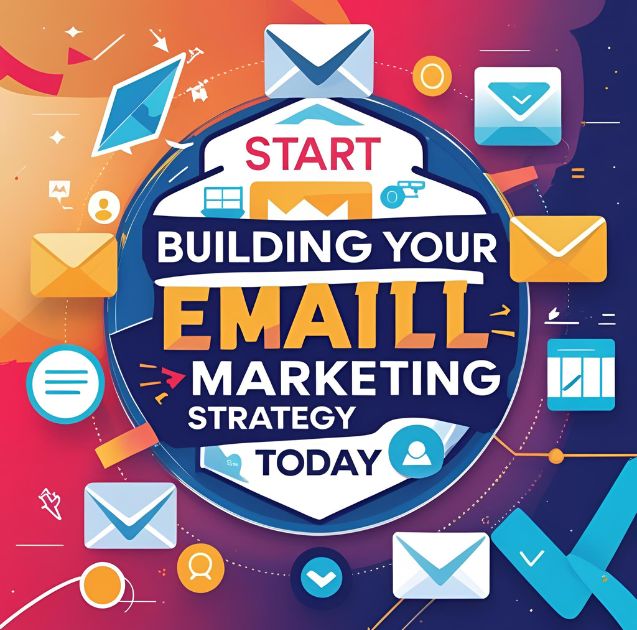
Selecting the right email marketing platform is just the beginning. Success depends on consistent execution, continuous testing, and genuine value delivery to your subscribers. Most platforms offer free trials, so test your top choices with real campaigns before committing.
Remember that the most expensive platform isn’t always the best choice, nor is the cheapest option necessarily the most cost-effective. Focus on finding the platform that aligns with your business goals, technical capabilities, and budget constraints.
Take action today by identifying your must-have features, evaluating your budget, and signing up for trials with your top platform candidates. Your future self—and your subscribers—will thank you for making an informed decision.



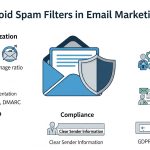



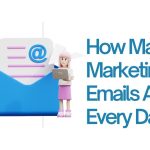
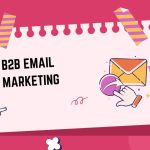






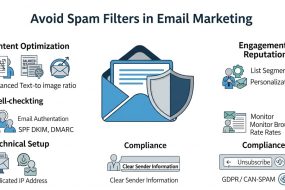
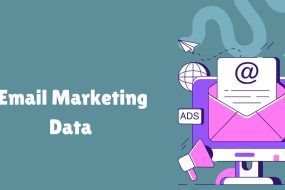
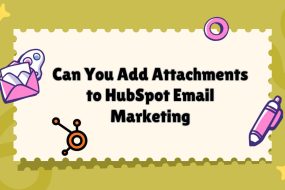
No Comments